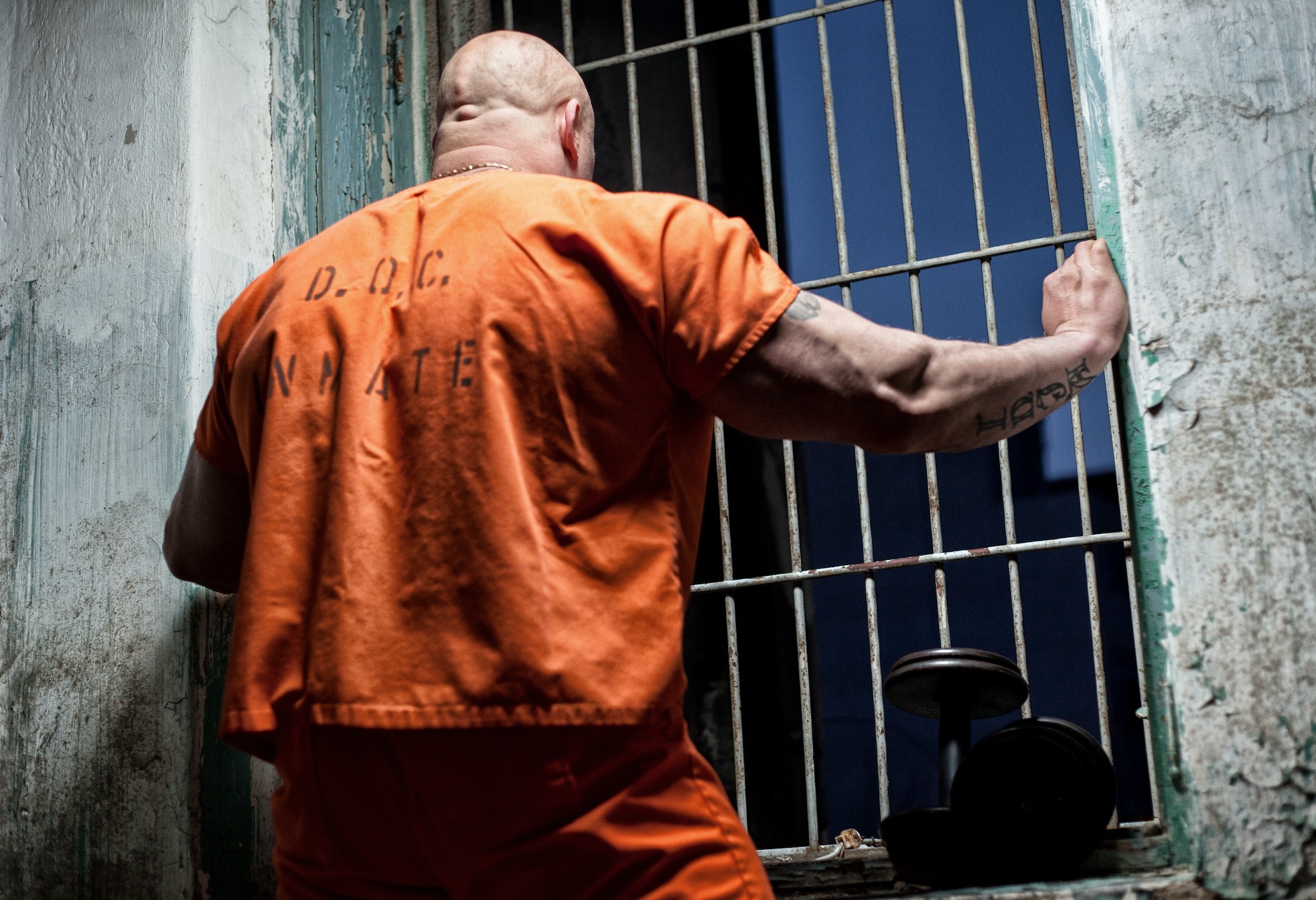No matter what type of criminal charges you are facing, you should always exercise your rights and defend yourself.
There are two classifications of crimes in Florida: misdemeanors and felonies. Misdemeanors are a lesser crime category and might be a more favorable conviction than a felony in certain cases, but they have their own potential penalties.
No matter what type of crime you are accused of, be it DUI, theft, or traffic crimes, you will need a Fort Myers Criminal Defense. Here is what you need to know about the different types of criminal charges and their potential penalties in Florida:
Misdemeanors in Florida
In Florida, a misdemeanor, despite being a lesser crime than a felony, can still affect your life drastically. You could struggle to find jobs, your immigration status could be in jeopardy, and you could face jail time of up to one year.
There are two types of misdemeanor degrees in Florida, first-degree and second-degree. The potential punishments and penalties you might face for a first-degree misdemeanor depend on the circumstances of your case. You can expect a fine of up to $1,000 and probation or jail time of up to one year. Second-degree misdemeanors have lesser penalties, but you can still serve up to 60 days in jail or up to six months of probation and fines. However, the fines don’t exceed $500.
Apart from staining your reputation and affecting your immigration status or job opportunities, misdemeanors in Florida have no restrictions that can follow you beyond your convictions. Some examples of misdemeanors include:
- DUI or reckless driving
- Marijuana possession
- Assault or battery
- Public intoxication
- Vandalism
- Shoplifting
Understanding Felony Charges in Florida
Felonies are among the most serious charges you can face in Florida, and the punishments are far harsher than misdemeanors as a result. In Florida, felonies are classified as either first-degree, second-degree, or third-degree.
A first-degree felony charge in Florida is the highest type of criminal charge you could face. If convicted, you may face up to 30 years in prison, in the best case. Some felonies can carry several life punishments, and there is also capital punishment. Capital crimes can lead to death sentences.

A second-degree felony in Florida is punishable by up to 15 years in prison, while a third-degree can result in 5 years in prison. Felony convictions, apart from jail time, can prevent you from obtaining certain licenses, purchasing firearms, voting, and affect your immigration status if you are not a U.S. citizen. Some examples of crimes that are considered felonies include:
- Aggravated battery or assault
- Sex crimes
- Murder
- Drug offenses
- Theft or fraud offenses
Hire a Criminal Defense Lawyer
No matter what type of criminal charges you are facing, you should always exercise your rights and defend yourself. With a criminal lawyer by your side, you could get your charges dropped or, at least, receive lesser punishments and penalties. A criminal defense lawyer can help you prepare your case to the best of their ability and represent your best interests.


Join the conversation!